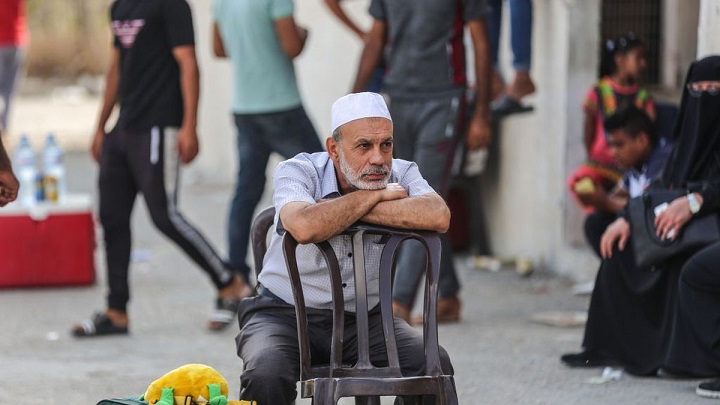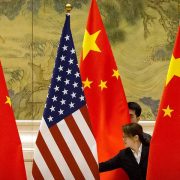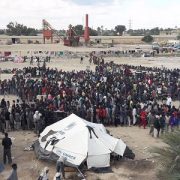
The present effort for religious dialogue between the Holy See and parts of the Muslim world, with the declaration of Dubai for instance and the wave of diplomatic normalizations between Israel and some Arab states, is changing the political geography of the Middle East.
Israel is no longer the outcast of the Middle East, the isolated bulwark of a Western invasion, or the modern reinvention of the old Christian crusaders.
With vanishing hostility in the whole Muslim world and growing dialogue between the Holy See and moderates in the Muslim world, Israel is set to become something new.
The waning antagonism with Israel seems to spring from a few converging trends. Oil revenues of rich Muslim countries are declining, as de facto oil and gas are no longer rare commodities held by a handful of states, but they are cheaper than mineral water. Oceans of shale gas and shale oil are available thanks to new drilling technology. This has brought back the US as a large oil-producing country, limiting the bargaining position of traditional oil producers.
Moreover, the future of former oil-economy countries depends on the financial investments of their old returns. In this world, Israel has some weight, especially as many trends for future developments may derive from tools presently thought out and designed in the new Israeli technological areas and exported to America or other parts of the world.
The other element is security. After 9/11, it rapidly became clear that radical Muslim organizations, formerly bought off with generous handouts from Gulf States, had become the main threat to the wellbeing of many Arab leaders and normal common people in many Muslim countries. Plus, the lure of radical extremism had penetrated the very same security apparatus of many Muslim countries, making them unreliable.
Israel, besides the US, then was definitely not part of the problem but part of the solution as it could provide security and information networks that could not be penetrated by Muslim extremists, and it was more reliable. Israel was therefore no longer perceived as disruptive of the old Middle Eastern order, but may provide valuable services for the stability of the existing order.
Additionally, Palestinians have now become a domestic issue, and they are no longer the bond to hold together the Arab world against an external attack from Israel.
For many reasons, Palestinians have squandered a huge reserve of support and approval they had mustered in the past decades. They are no longer an existential threat to Israel but they are still a thorny issue, also because their fate may look like that of people oppressed by some Muslim governments now cozying up to Israel.
In other words, the Palestinians are no longer a problem, but they should be part of the solution.
Then as a result, Israel has so far proved it can exist and thrive; its existence is no longer in doubt.
The question is: where can it go from here?
Maybe the answer is in its tradition. Hebraism is the one element religiously linking Christians and Muslims, who together make up the absolute majority of humanity. Can Israel also become the linchpin of these two political and cultural worlds?
In this Israel may find sensitive ears in Rome at the Vatican, where Pope Francis has started a dialogue with the Muslim world. He has been a rare voice calling for support for Muslim refugees, often ignored by their own mullahs, out fear of reprisal from the extremists.
Practically this may have many aspects. A free-trade agreement could be set among like-minded countries in the area with all maybe using the US dollar to mark also their proximity to America; investment funds could be set up to bankroll SME and microfinance to reboot the regional economy. This would boost travel and movement of people and ideas in the region, and Jerusalem could then become more than the moral capital of three religions. It could become the cultural capital of the three worlds.





